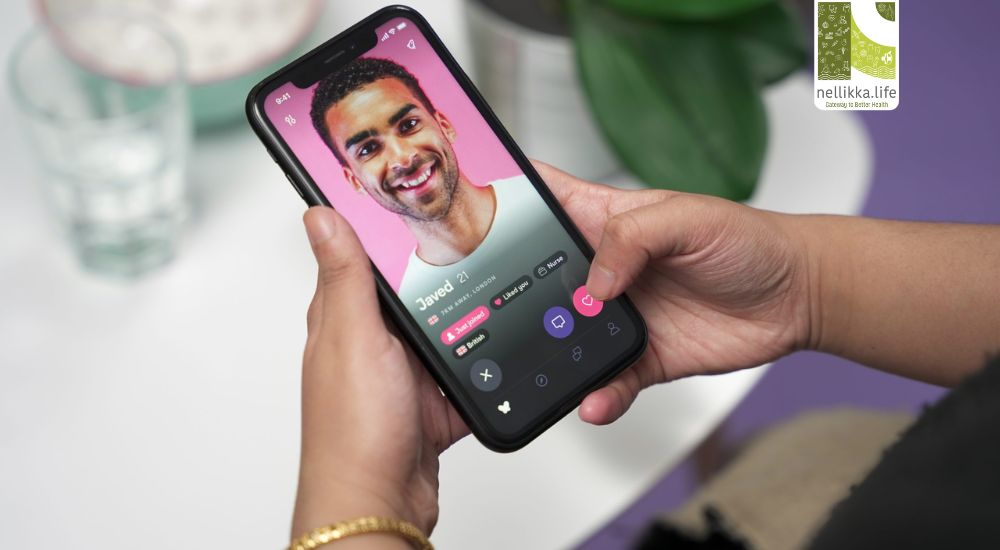Why Dating Apps Are Booming in India: The Psychology, Pros, Cons, and Mental Health Impact

In the last decade, India has seen a significant rise in the popularity of dating apps. What was once a hush-hush topic now finds place in casual conversations among Gen Z and millennials. But what’s driving this shift? Why are dating apps becoming more popular—and what are the psychological implications of swiping right or left?
The Rise of Dating Apps in India
India’s dating culture has undergone a digital transformation. With over 650 million smartphone users, the accessibility and anonymity of dating apps like:
- Tinder
- Bumble
- Hinge
- Aisle
- TrulyMadly
- Woo
…have contributed to a cultural shift toward open conversations about love, relationships, and even situationships.
Bumble India reports a 48% increase in user engagement post-pandemic, suggesting that digital intimacy filled a void left by physical distancing. Apps like Aisle, which are “designed for Indian values,” blend traditional expectations with modern choices.
The Psychology Behind the Swipe
Dating apps leverage principles of behavioral psychology, particularly operant conditioning and the dopamine reward system. Each match or “like” triggers a small dopamine release, reinforcing app use and creating a habit loop similar to social media scrolling or gaming.
A 2021 study in Journal of Social and Personal Relationships found that:
“Users often experience a boost in self-esteem and perceived social value through interactions on dating apps, especially when receiving positive feedback.”
However, the “paradox of choice”—having too many options—can also lead to indecisiveness and dissatisfaction.
Pros of Dating Apps
- Access & Convenience
Users can connect with people beyond their usual social or geographical circles. - Cultural Diversity
Interfaith, intercaste, and LGBTQ+ relationships are now easier to pursue, fostering inclusivity. - Self-Discovery
As people explore connections, they often learn more about their own needs and emotional boundaries. - Women Empowerment
Apps like Bumble give women the first move, encouraging equality and safety.
Cons and Psychological Impact
- App Fatigue & Burnout
Excessive use can lead to emotional exhaustion and dissatisfaction. - Superficial Judgments
Appearances often override personality traits, causing misaligned expectations. - Ghosting & Rejection
A 2020 Lancet Psychiatry review linked repeated online rejection to increased anxiety, low self-esteem, and even depression in vulnerable users. - Addiction & Dopamine Dependency
Like social media, dating apps can become addictive, leading to reduced real-world social interaction.
Expert Insight
Dr. Pragya Sharma, clinical psychologist and counselor, notes:
“The rise in dating app usage shows a shift in how young people perceive relationships—less permanence, more exploration. But digital intimacy should not replace emotional vulnerability and offline bonding.”
Mental Health Tips for Dating App Users
- Set boundaries on screen time.
- Avoid comparing matches or experiences with others.
- Check in with your emotional well-being often.
- Seek therapy if you face recurrent distress, rejection, or confusion.
What the Data Says
According to a 2024 survey by Statista:
- Over 31% of Indian app users between 20–30 years use dating apps actively.
- Around 67% of women users said they prefer apps with privacy features.
- About 40% stated they were looking for serious relationships.
Dating apps are not inherently good or bad. They’re tools. Used with awareness, they can help people connect, grow, and understand themselves better. But when misused, they may lead to emotional fatigue and a distorted sense of self-worth.
In a country navigating tradition and modernity, dating apps in India reflect both the freedom to choose and the responsibility to nurture meaningful connections—online or off.
Academic Studies
- Freire, Rema & Novais (2024) – Dating Apps and Mental Health Status: Is There a Link?
Found that regular dating-app users show significantly higher levels of stress, anxiety, and depression compared to non-users [1] - Shah & Krishnamurthy (2023) – Psychological Well-Being among Users and Non-Users of Dating Apps (India)
A study of young Indian adults found no significant overall difference in well‑being between app users and non‑users, though frequent usage has been linked to mixed emotional outcomes. [2] - Lin et. al. (2020, BMC Psychology) – Swipe-Based Dating Applications and Psychological Distress
Reported that frequent users exhibited higher psychological distress, anxiety, and depressive symptoms compared to non‑users [3]





